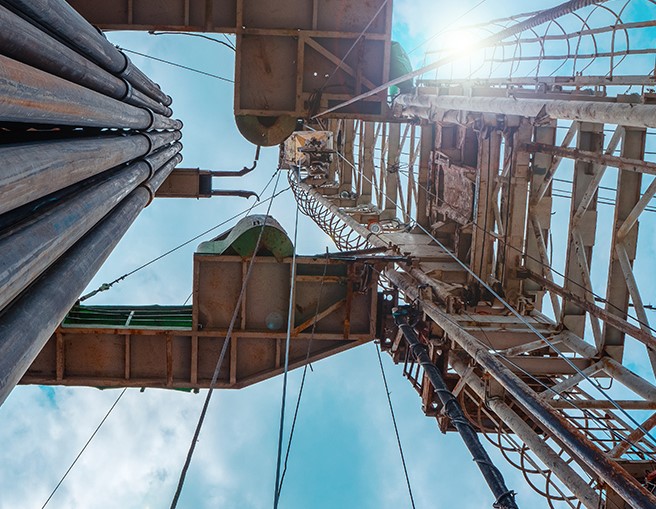Norway – DNV was contracted by Ocyan as an unbiased third party to assist in the qualification of a system that injects hydrogen as an additive into the internal combustion engines of drilling rigs to reduce fuel consumption and greenhouse gas (GHG) emissions during drilling.
DNV’s technology qualification process will make sure the technology reaches the anticipated level of maturity by adhering to the guidelines in DNV-RP-A203, which provides the industry with a systematic approach to technology qualification and ensures that new technologies function dependably within given limits.
The technology qualification process (which demonstrates the system’s effectiveness and dependability), the assessment of operational risks (with a focus on the safety of the new system and of the drilling rig), and the assessment of Class requirements (looking at the standards set by the Classification Society for the issuance of a “Approval in Principle” for the system) are the three fully integrated fronts of DNV’s comprehensive approach.
Ocyan works with LZ Energia, a technology partner that develops technological solutions to reduce the fuel and air pollution produced by the operations of its clients. Shell Brasil is assisting the project through the RD&I investment clause of the National Petroleum Agency (ANP).
Recommended Practice
According to DNV’s Energy Transition Outlook 2022, the amount of energy produced by fossil fuels will have decreased to about 50% by 2050 from its current level of over 80%. To assist in reducing emissions from the oil and gas industry, decarbonization programs like these must be rigorously tested and scaled up.
The DNV Recommended Practice on Technology Qualification (DNV-RP-A203), which has been adopted globally by oil majors and independents, has been used to qualify more than 120 technologies, ranging from tidal energy systems to downhole safety valves.





